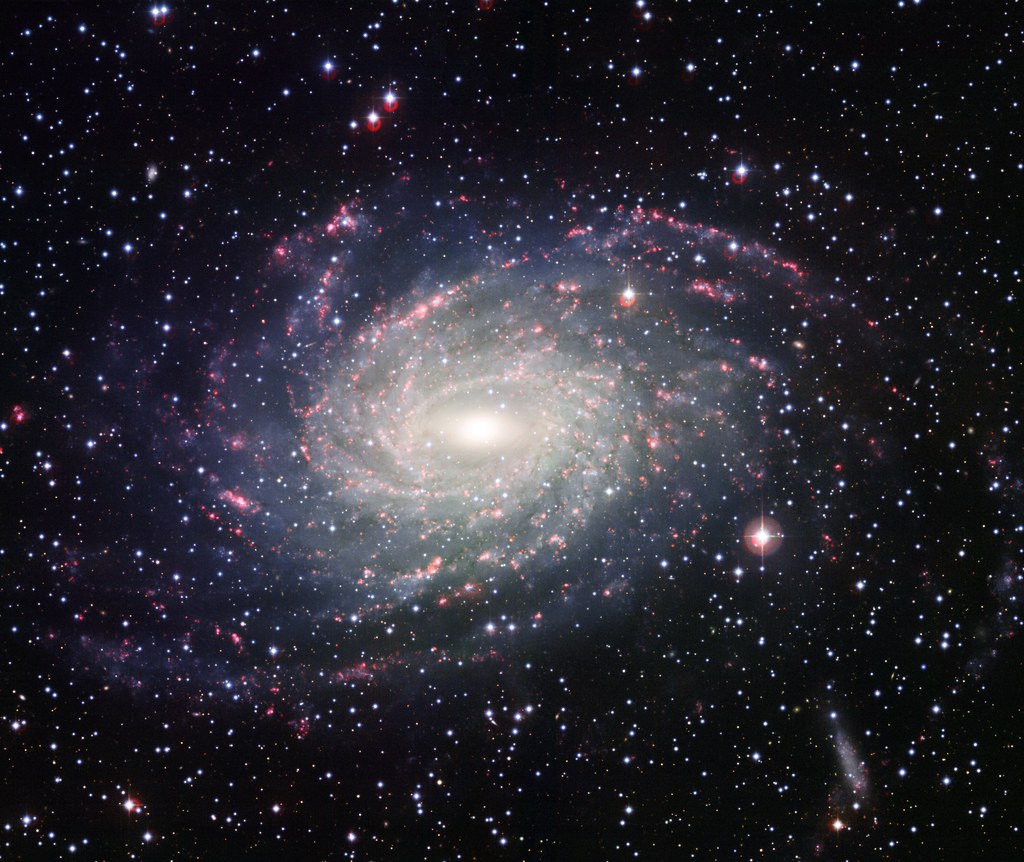This is the last part of the discussion about RA 11285.
Energy Conservation - Why is it necessary?
The law of conservation of energy, also known as the first law of thermodynamics, states that
the energy of a closed system must remain constant—it can neither increase nor decrease without external interference
.
The universe itself is a closed system, meaning the total amount of energy in existence has always been the same. The forms that energy takes, however, are constantly changing. Some forms of energy are easier to transform into other forms more usable to mankind. Chemical energy - the fuels for your vehicles to move you from point A to point B, solar energy - transformed to electricity using photovoltaic cells, potential energy - transformed to electricity in hydro-electric plants.
The process of energy transformation is not perfect. The input energy is always much lower than the output energy. The difference is energy loss. The energy lost or waste is not usable to man. Energy conservation is defined as the reduction of waste energy in the process of energy transformation. This is the main reason why modern equipment is designed to be more efficient than their older siblings.
Energy conservation is necessary to reduce the wastage of energy thus reducing energy usage for the same amount of energy output required. Most energy wasted is detrimental to the living condition of man, i.e. unburned fuel from vehicles contributes to air pollution and global warming.
As an indiviual - what can I do to conserve energy?
Big things start from small things.
There are lots of ways to conserve energy in our own little way. Unplug your computers or television sets if not in used. A computer despite turned off using its operating system will still use about 3-10 watts. That is equivalent to 2.6kWh to 8.7kwH annually. If an office has about 100 computers, that will be about 260kwH to 870kWH per year. At home, turn off lights or air-conditioning units when not in used. Walk to the community grocery rather than driving your car.
As an individual, there are lots of ways to help the government in its endeavor to promote awareness on enerrgy conservation.
